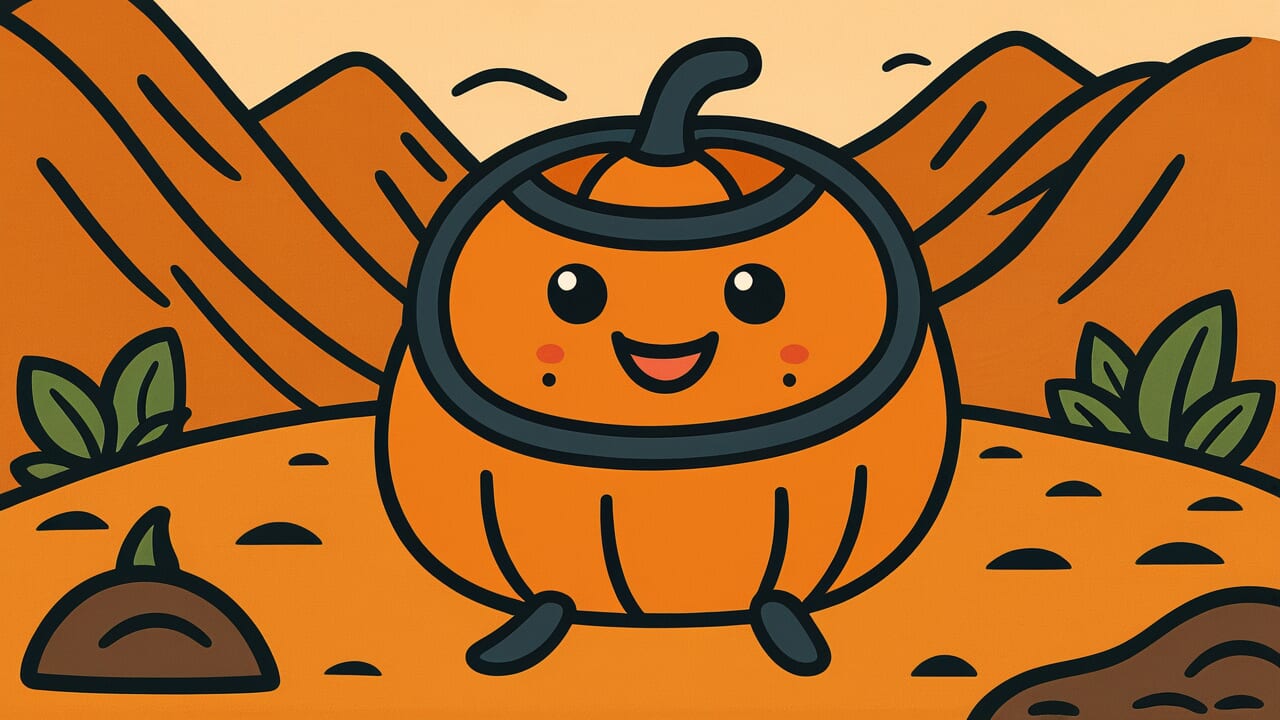How to Read “A mountain yam becomes an eel”
Yama no imo unagi ni naru
Meaning of “A mountain yam becomes an eel”
This proverb expresses something absolutely impossible or an unrealizable wish. It comes from the fact that a mountain yam could never actually become an eel.
People use it when someone has clearly unrealistic expectations or talks about far-fetched desires.
If you say “That’s like a mountain yam becomes an eel,” you emphasize how unrealistic and impossible something is.
A plant transforming into an animal goes against the laws of nature. Everyone can intuitively understand this metaphor of absolute impossibility.
Even today, you can use it for plans with no chance of success or groundless optimistic expectations.
However, it’s a somewhat old-fashioned expression. You won’t hear it often in daily conversation anymore.
Still, its meaning as a way to express impossibility remains valid and understood.
Origin and Etymology
The exact origin of this proverb isn’t clearly documented in historical texts. But we can make interesting observations from how the phrase is constructed.
This expression connects two seemingly different foods: mountain yam and eel. Japanese food culture is deeply involved in this connection.
Mountain yam is a plant-based food harvested in mountains. Eel is an animal-based food that lives in rivers and seas.
Both are long and slender in shape, but their essential natures are completely different.
What’s interesting is that during the Edo period, people had a custom of eating grated mountain yam as a substitute for eel.
Common people who couldn’t afford expensive eel may have tried to imitate its texture with sticky mountain yam.
But no matter how much you try to imitate it, mountain yam can never become real eel.
This expression likely emerged from such food culture. A substitute is only a substitute and can never become the real thing.
From this reality, it came to represent impossible wishes and things that cannot happen. It’s a truly Japanese metaphor born from common people’s everyday experiences.
Usage Examples
- Him mastering English in one week is like a mountain yam becomes an eel
- If you think you can pass without effort, that’s like expecting a mountain yam becomes an eel
Universal Wisdom
This proverb has been passed down through generations because it contains deep insight into universal human nature.
That nature is this: people sometimes lose sight of reality and become captivated by impossible dreams.
Having hope is important for humans. But when that hope becomes fantasy without a foundation in reality, people lose their way.
Like expecting a mountain yam to become an eel, wishes that ignore natural laws or the essence of things will never come true, no matter how strongly you desire them.
Our ancestors tried to convey the importance of seeing reality clearly through this simple, straightforward metaphor.
Chasing dreams and clinging to impossibilities are different things. The former helps people grow, but the latter keeps them stuck.
Humans are creatures easily swayed by wishful thinking. Everyone has moments when they imagine a convenient future and want to look away from difficult reality.
But a mountain yam is a mountain yam, and an eel is an eel. The essence of things doesn’t change.
Not forgetting this obvious truth is the first step to walking a grounded life.
This proverb teaches us that reality gently but firmly.
When AI Hears This
Mountain yams and eels are surprisingly far apart on the tree of life. One is a plant, the other a vertebrate animal.
If you trace back to their common ancestor, they diverged over a billion years ago. Yet both share the same characteristic: sliminess.
This isn’t coincidence. It’s a phenomenon in evolution called “convergent evolution toward optimal solutions.”
The slimy components are chemically interesting. Mountain yam mucin is a complex of sugar and protein. Eel mucus has a similar structure.
They’re made from completely different genes, yet have similar designs at the molecular level. Why?
Because the chemical solutions are limited for the physical challenge of “retaining moisture while reducing friction.”
In other words, evolution made organisms separated by hundreds of millions of years write the same answer.
What’s even more interesting is that other organisms adopted this strategy too. Slugs, okra, natto bacteria.
Their lineages and habitats are all different, but they all chose the mucus solution.
This is like solving a math problem different ways but arriving at the same answer.
Within the constraints of survival, life independently keeps discovering the same optimal solution.
This proverb brilliantly captures evolution’s contradictory nature of being both blind and predictable.
Lessons for Today
This proverb teaches us the importance of balancing dreams and reality.
Modern society overflows with messages like “dreams always come true” and “you can do anything if you don’t give up.”
Effort is certainly important, but not all desires are achievable. Just as a mountain yam becomes an eel is impossible, things have boundaries that cannot be crossed.
Accepting this reality doesn’t mean giving up on dreams. Rather, it lets you focus on achievable goals.
Correctly recognize your resources, time, and abilities. Do your best within that range.
That’s what it truly means to move forward.
If you’re working toward a big goal right now, stop and think for a moment.
Are you trying to turn a mountain yam into an eel? If so, have the courage to adjust your goal.
Walking steadily toward realistic goals will give you a much more fulfilling life.
Wisdom means having the strength to acknowledge what’s impossible.



Comments